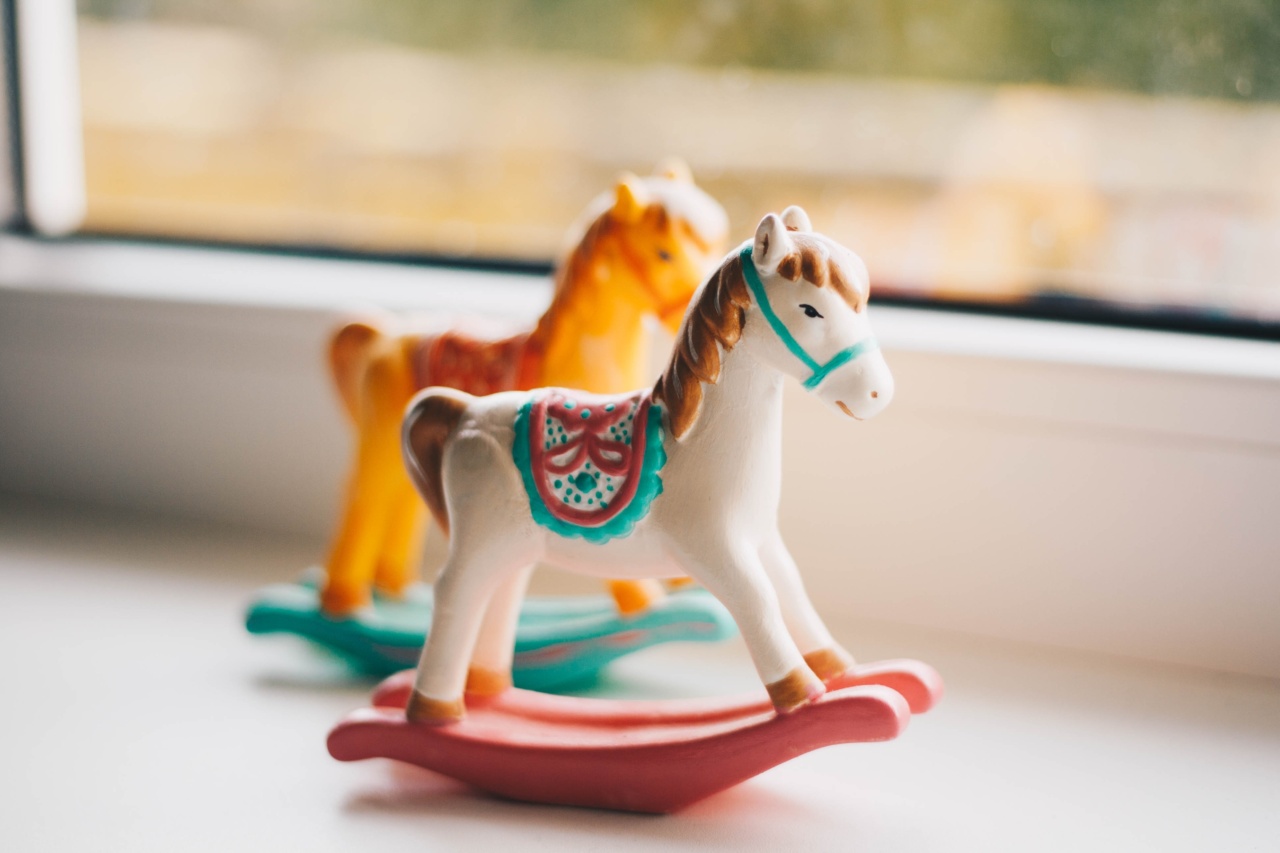As parents, we often see our children getting attached to their toys, books, or other belongings. Sometimes, we may notice that our kids become territorial over their possessions and don’t want others to touch their stuff.
While this is a common behavior in kids, it can sometimes lead to possession issues that can impact their social and emotional development.
What are possession issues in children?
Possession issues in children refer to the excessive attachment or obsession with their belongings.
It can manifest in various ways like not sharing their toys, becoming aggressive or defensive when someone else touches their things, hoarding or hiding their possessions, etc.
This behavior can be due to various factors including their personality, parenting style, family dynamics, or even certain developmental disorders like autism spectrum disorder (ASD).
How does possession issues affect a child’s development?
Possession issues can impact a child’s overall development, especially their social and emotional skills. Here are some of the ways it can affect them:.
1. Difficulty in forming relationships
Kids who struggle with possession issues might find it challenging to make friends or develop close relationships with others.
Their possessiveness can create a barrier to social interaction and hinder their ability to share, cooperate, and empathize with others.
2. Lack of empathy and consideration for others
Children with possession issues often have trouble understanding other people’s feelings or perspectives. They may not see how their behavior affects others and might act selfishly or impulsively with little consideration for others.
3. Heightened stress and anxiety
Kids who are overly attached to their belongings may feel anxious or stressed when they feel their possessions are threatened or lost.
The fear of losing control over their things can create a sense of unease and restlessness, leading to behavioral problems like aggression or withdrawal.
4. Academic and cognitive performance issues
Kids who struggle with possession issues might find it difficult to concentrate or focus on academics.
Their preoccupation with their belongings can distract them from learning and participating in school activities, affecting their cognitive development and academic performance.
What can parents do to help?
If you notice your child exhibiting possessive behavior, it’s essential to address it positively and proactively. Here are some tips to help:.
1. Encourage sharing and cooperation
Teach your child the value of sharing and cooperation. Provide opportunities for your child to share their toys or belongings with siblings or friends and praise them when they do. Reinforce positive behavior with consistent encouragement and rewards.
2. Develop social skills
Encourage your child to participate in social activities like playdates, sports, or clubs. These can help your child develop social skills like communication, cooperation, and empathy, which can reduce possessive behavior.
3. Create clear rules and boundaries
Establish clear rules and boundaries regarding possession and sharing. Communicate these rules to your child and consistently enforce them. It’s important to avoid making exceptions or showing favoritism, as this can encourage possessive behavior.
4. Teach problem-solving and conflict resolution skills
Help your child develop problem-solving and conflict resolution skills. Teach them how to express their feelings appropriately, listen actively, and find mutually satisfying solutions. Encourage positive behavior and gently correct negative behavior.
5. Seek help if necessary
If your child’s possessive behavior persists and begins to impact their daily life and relationships, seek help from a mental health professional or school counselor.
They can evaluate your child and provide strategies or interventions to help manage their behavior.
Conclusion
Possession issues in children are a common and natural behavior. Still, it’s essential to monitor this behavior and address it positively when necessary.
By helping your child build social skills, problem-solving abilities, and empathy, you can reduce their possessiveness and promote healthy social and emotional development.






























